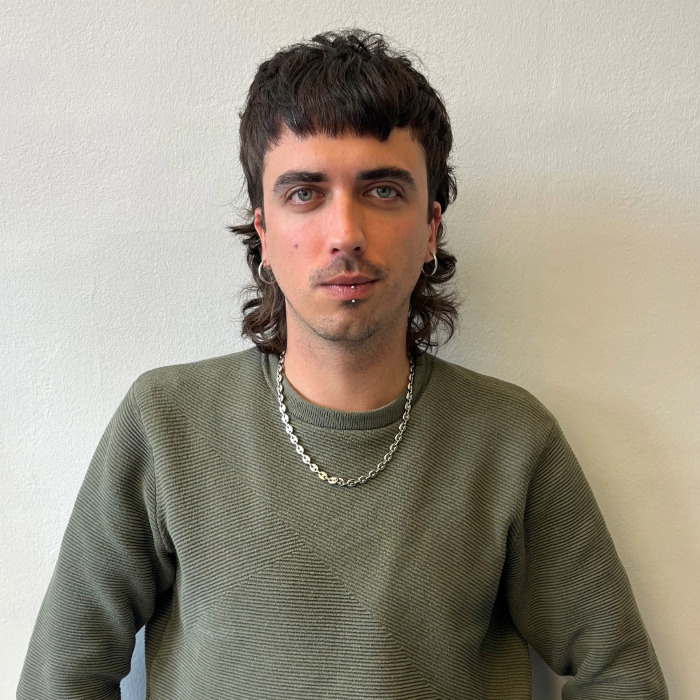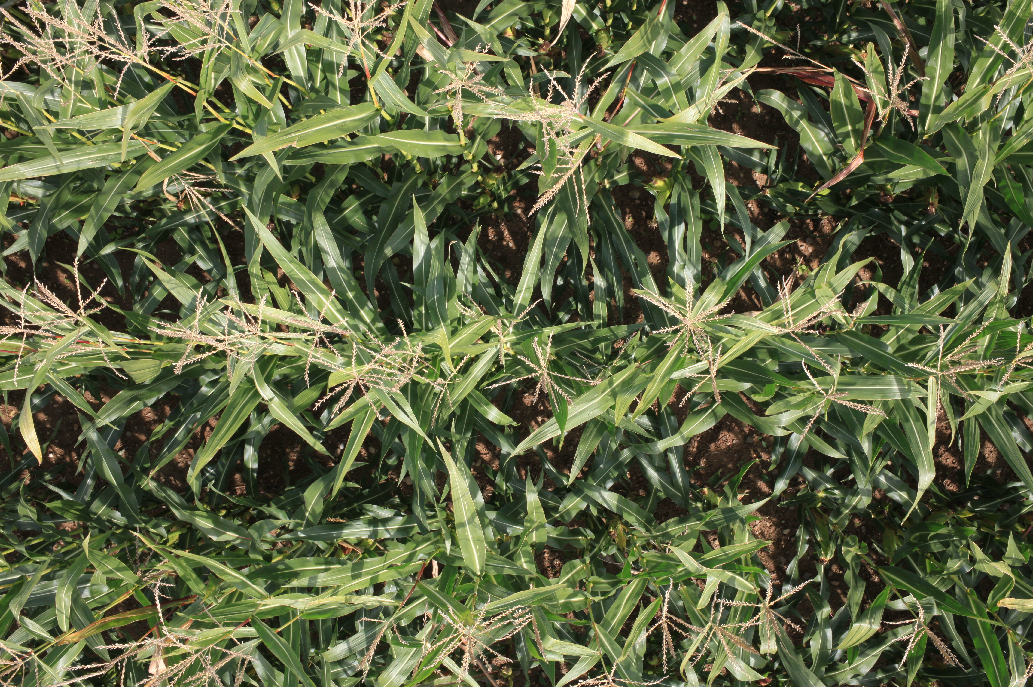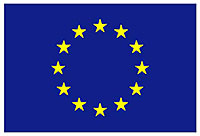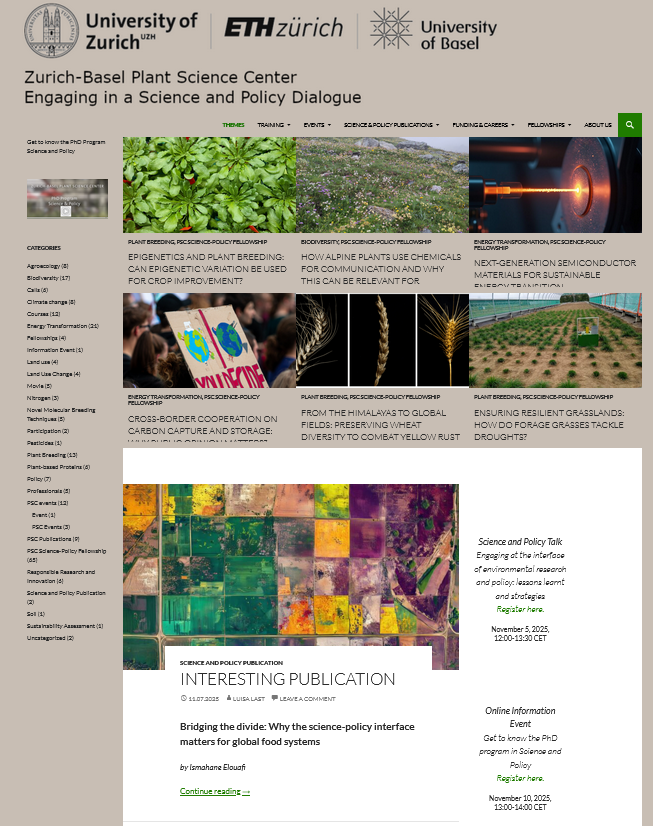Developing Machine Learning Approaches for Improving the Rate of Genetic Gain in Crop Breeding
.jpeg)
Fellowship Duration: Nov 2021 - Jan 2025
PhD Student: Carles Quesada Traver (LinkedIn)
Principal Investigator: Prof. Bruno Studer, Molecular Plant Breeding, Institute of Agricultural Sciences, ETH Zurich, Switzerland
Project Partner: Dr. Maximilian Vogt, Head of Plant Breeding, Puregene AG, Switzerland
Research Fields: Molecular Breeding, Genomic Selection, Plant Genetic Resources, Genomics, Statistical Modelling, Linear Models, Mixed Models, Machine Learning, Deep Learning (Neural Networks), Genetic Gain, Plant Breeding
Project Description
The properties of current crops, such as appearance, quality, and productivity, have not been stable throughout history. They are the product of both domestication and the variety development process. Generally, this process takes 8-15 years, for some crops even 25 years. Technological advances in genomics-based breeding offer means to advance plant breeding. The ever-growing generation of genomic data has enabled methods such as marker-assisted or genomic prediction (GP) to accelerate breeding progress. Current GP models, usually based on linear additive models and variations, use genotypic and phenotypic data to predict agronomic traits of interest for a specific crop. The benefits of using GP models are twofold: increasing selection pressure and reducing breeding cycle length. However, most GP models are ill-equipped to handle the ever-increasing amount and diversity of data.
My doctoral project aims to further advance GP by incorporating additional, differentially structured data, and using novel approaches for GP model development. The performance of classical GP models will be compared to machine learning (ML) algorithms on different sets of input data such as maize (Zea mays L.), apple (Malus x domestica Borkh.) and wheat (Triticum aestivum L.). These datasets differ in their biological reproduction systems, the number of instances available for modelling, as well as the number of genetic markers and traits. Specifically, this project will provide a practical roadmap for breeders interested in implementing ML-based GP in their datasets, offering tailored recommendations based on their specific data resulting in maximized gains in crops. . And generally, the generated results will contribute to improving food security and crop diversity. In addition, the expected benefits of applying ML-based solutions to breeding will be explored and communicated to relevant stakeholders and the public via communications and conferences offered by the RESPONSE program.
This fellowship is hosted by the Zurich-Basel Plant Science Center.
Activities and Publications
Doctoral thesis (ongoing)
Co-authored peer-reviewed article in Genetics (2025) on Global genotype by environment prediction competition reveals that diverse modeling strategies can deliver satisfactory maize yield estimates
Co-authored peer-reviewed article in Horticulture Research (2024) on Integrative multi-environmental genomic prediction in apple
Co-authored peer-reviewed article in Plant, Cell and Environment
(2024) on Interannual Variation of Stomatal Traits Impacts the Environmental Responses of Apple Trees
Conference talk at the Eucarpia 22nd General Congress (Leipzig, Germany, Aug 2024)
Participation in Genomes to Fields (G2F) Genotype by Environment Competition 2022 (Placed 10th out of 33)
Secondment
Duration: Aug 2022 - Oct 2022, Apr 2024 and May 2024
Stakeholder Workshop
In this stakeholder meeting, the purpose was to establish contact between the different stakeholders involved in the intersection of plant breeding and data science. It took the format of a symposium, in which both experts and ETH Doctoral as Carles and Master students presented relevant topics on the aforementioned intersection. The event was held online in January 27, 2022, due to COVID-19 restrictions still being in place. The audience consisted of a diverse array of stakeholders such as students (Doctoral and Master), researchers and governmental representatives, among others. Carles role in this meeting was to tutor a group of students. Carles strongly benefited from this workshop for several reasons. On one hand, he was able to dive even deeper into the literature on this topic at an early stage of his project, which gave him a great overview of the state of the art. Additionally, as he had to simplify the complex concepts for newcomers to the field, he developed and practised his pedagogical skills. One the other hand, he had the opportunity to participate in the discussions on ongoing hot topics in the intersection of plant breeding and data science with other stakeholders outside academia. This resulted in a better understanding of his research field and allowed him to make changes and adjustments to his research plan early on. Aligning his project better with both academic expectations and societal needs.



